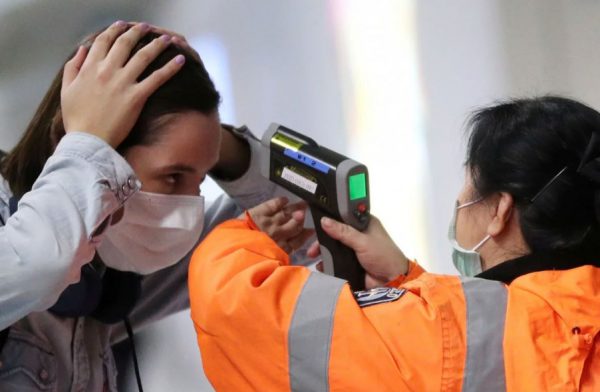BANGKOK, 17 February 2020; Reality sinks in this week. The Covid-19 virus now in its 50th day is not going away any time soon. More than 70,500 people are infected, and the death count surpassed 1,770 at the weekend.
Travel and hospitality providers across Southeast Asia brace for impact.
To understand the depth of the disaster the virus inflicts on tourism, go no further than the dire forecast presented by Thailand’s Minister of Tourism and Sports, Phiphat Ratchakitprakarn. He told an industry-wide meeting last Friday to brace for a 50% decline in tourist arrivals.

During a year the country is supposed to celebrate 60 years of tourism success, the minister warned tourist arrivals could dive from 38.9 million in 2019 to just 20 million by December 2020.
This is an entirely different kettle of fish than tourism leaders normally feed us. Lopping off 20 million tourists arrivals seems unthinkable and more so when we recognise there is nothing we can do other than to hunker down and hope the virus stops dead in its tracks before the half-year mark.
But we would be foolish not to take the Thai minister’s doomsday prediction seriously. Every nation in Southeast Asia braces for an impact that will decimate tourism due to an almost suffocating dependence on the Chinese market. They just haven’t been bold enough to put a figure on it. Last year, Thailand welcomed just short of 11 million visitors from China and based on what is happening since 1 February, 86.55% of the China market has disappeared into thin air. Across all markets, the drop in tourist arrivals is around 43.47%.
Around the region, the same picture emerges for the first two weeks of February backed by data on advance booking data sourced by ForwardKeys. It noted that bookings for March and April to the Asia Pacific region are down 10.5% and to China alone by 55.9%.
We are not used to slumps of this magnitude and the prospect that there might not be an improvement or a tipping point to flag recovery this side of June is alarming.
Countries in Asia the rising stars in global tourism now find themselves on a watch or travel advisory lists. Travel from all markets, including Europe and North America to Southeast Asia is stalling. Airlines are shaving flights to countries impacted by the Covid-19 virus and the shutdown of services to mainland China will stretch at least to the end of March.
There’s a temptation to immediately launch a marketing counter-attack, discounts and even throw visas to the wind in the hope it will restore bookings. A better option is to consider this an opportune time to take the foot off the accelerator and look at duty-of-care, put safety at the top of the agenda, change what we have the power to change while we wait for the virus to burn itself out.
I asked a crisis management expert for input. “What’s the best course to take?” He had a simple solution.
“Team up, forget petty differences, put aside personal agendas, and brainstorm a national campaign that involves all stakeholders. Get it ready to roll and launch it the day the Covid-19 virus is beaten, not a day earlier or a day later than that.”







